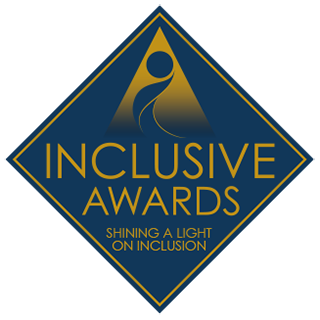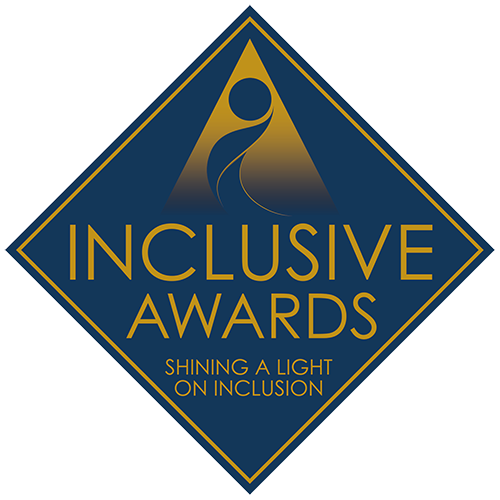My work in genomics and culturally inclusive midwifery has earned national recognition in the UK, reflecting a deep commitment to equitable, compassionate, and innovative maternity care. I currently serve as the Genomics Midwifery Lead at Manchester University NHS Foundation Trust and as a Cultural Liaison Midwife at Bolton Foundation Trust. These dual roles enable me to bridge cutting-edge science with culturally sensitive practice, ensuring that all women—regardless of their language, background, or circumstances—receive the care they deserve.
Key Achievements
• Nursing Times Midwife of the Year 2024: Honoured for supporting non-English speaking families through the creation of a Multilingual Maternity Resource Padlet. This digital platform provides accessible, evidence-based information on pregnancy, labour, and postnatal care in multiple languages. It empowers women, reduces reliance on interpreters, and bridges communication gaps that often lead to health inequalities.
• Culturally Sensitive Bereavement Support: Personally supports grieving families with culturally appropriate guidance and emotional care, helping them find closure without self-blame.
• Education and Training: Trains midwives and healthcare professionals to navigate complex topics such as genomic disorders with empathy and clarity using visual aids and practical tools.
• National Impact: The Multilingual Padlet has been adopted by multiple NHS trusts across the UK, improving access to maternity information and reducing health disparities.
Broader Contributions and Vision
My work is grounded in the belief that equity in healthcare begins with understanding and respect. As part of the North West Genomic Medicine Service Alliance (NW GMSA), I’ve contributed to national efforts to embed genomics into routine maternity care. This includes:
• Leading the development of genomic education pathways for midwives.
• Supporting the rollout of point-of-care genomic testing to prevent hearing loss in premature babies.
• Advocating for inclusive access to genomic services for underrepresented communities.
Community Impact
I have led several community initiatives aimed at enhancing genomic literacy and improving access to maternity care among ethnically diverse populations. These include Genomic Cafés, multilingual educational resources, and partnerships with local faith and cultural organisations. These efforts have helped build trust, reduce stigma, and empower women to make informed decisions about their care.
Personal Reflection and Struggles
As a brown woman, a Muslim, and a healthcare professional, my journey has been marked by resilience in the face of systemic challenges. I have experienced underrepresentation, unconscious bias, and resistance to change within the NHS. Often, I have had to work twice as hard to be heard, to have my ideas accepted, and to gain access to leadership spaces. The ‘triple penalty’ of my identity has meant navigating a system that was not built with people like me in mind.
Despite these barriers, I have remained steadfast in my mission. I have used my lived experience to advocate for those who are often marginalised, and I have created tools and spaces that reflect the diversity of our communities. My work is not just about clinical care—it is about justice, equity, and transformation.
I have faced scepticism when proposing culturally tailored resources, and I have had to overcome institutional inertia to implement change. Yet, through collaboration, evidence-based advocacy, and unwavering commitment, I have demonstrated the value of inclusive care. My initiatives have not only improved outcomes but have also reshaped how maternity services engage with diverse populations.
Conclusion
My journey in midwifery and genomics is a testament to the power of perseverance, empathy, and innovation. I continue to inspire healthcare professionals and communities alike by transforming maternity care into a holistic, inclusive, and culturally responsive system. I am proud of the impact I have made and remain committed to advancing equity in healthcare for all.
The multilingual Padlet has been adopted by multiple NHS trusts across the UK, significantly reducing the need for interpreters and empowering women from diverse backgrounds to participate in their maternity care.
My work exemplifies a holistic, inclusive, and compassionate approach to midwifery. I continue to inspire healthcare professionals and communities alike by reshaping maternity care to be more equitable and culturally responsive.



